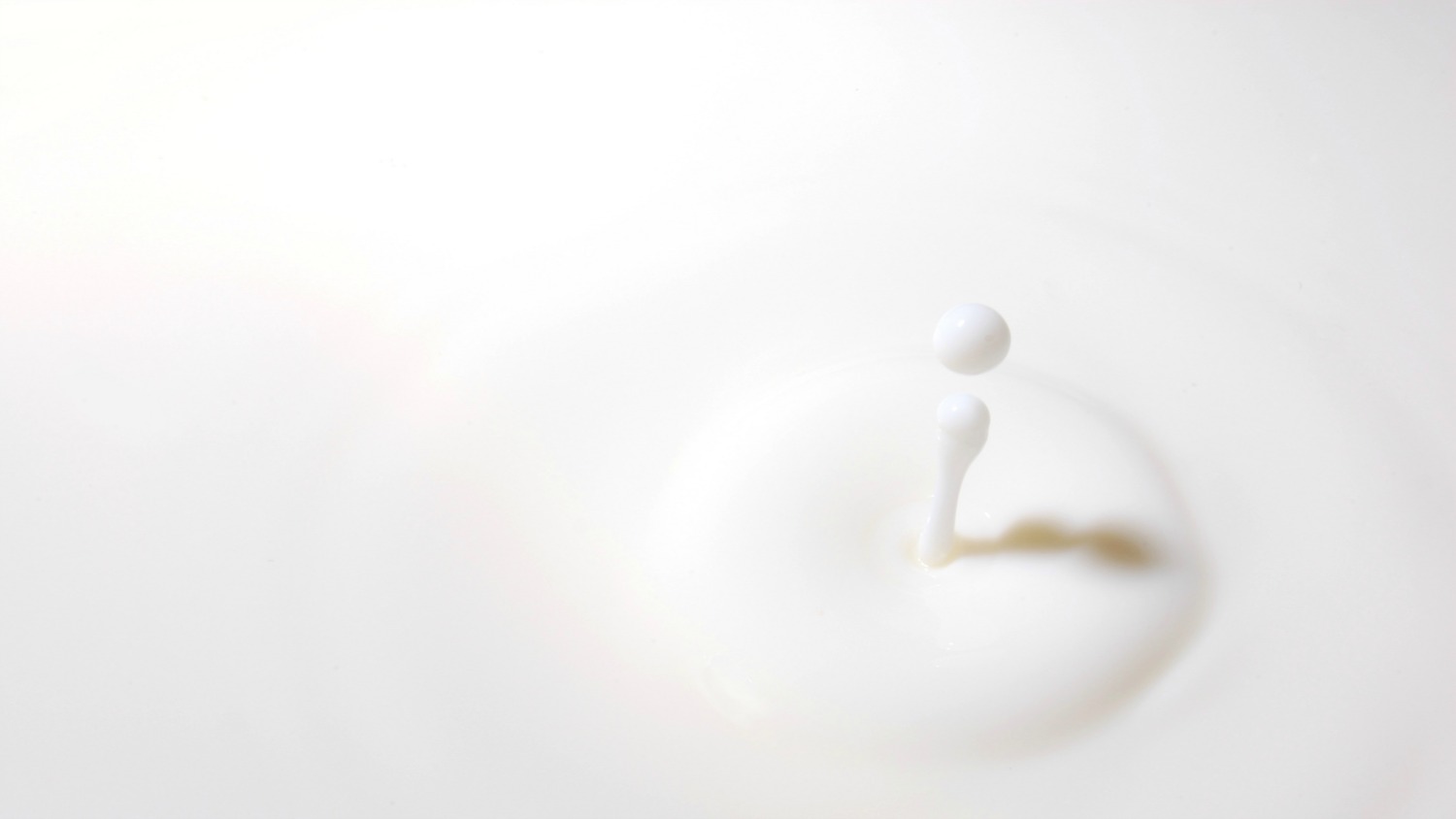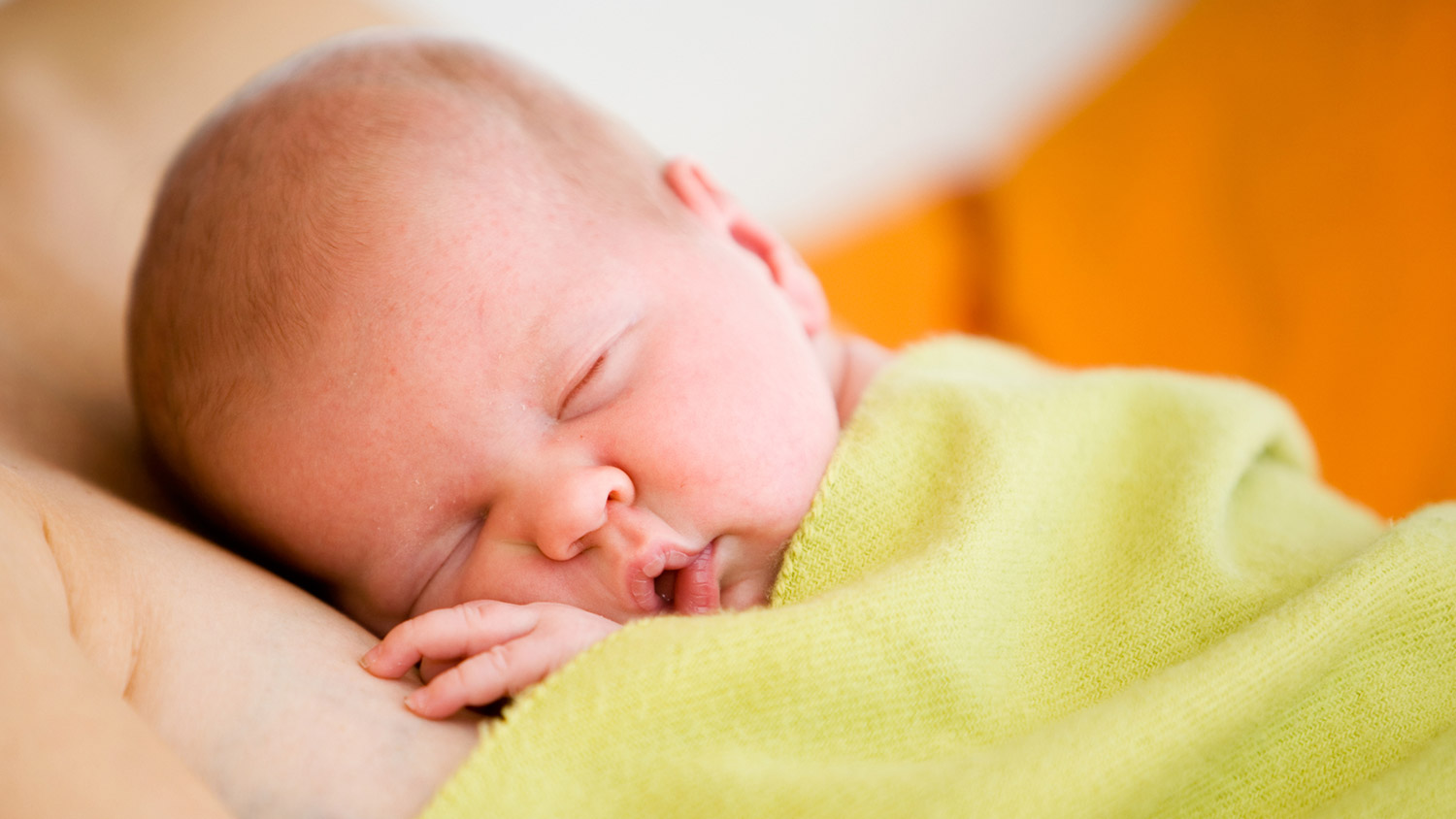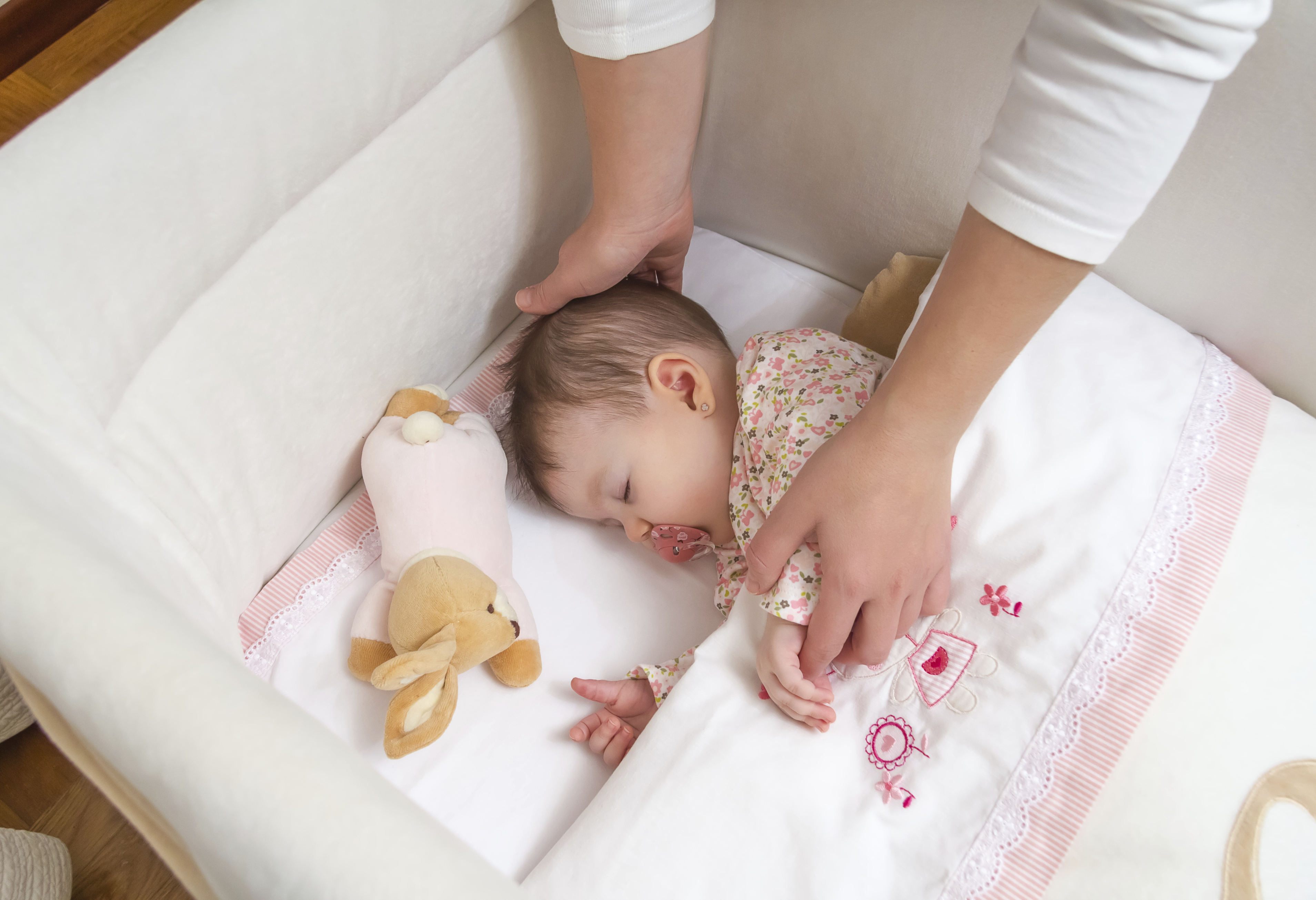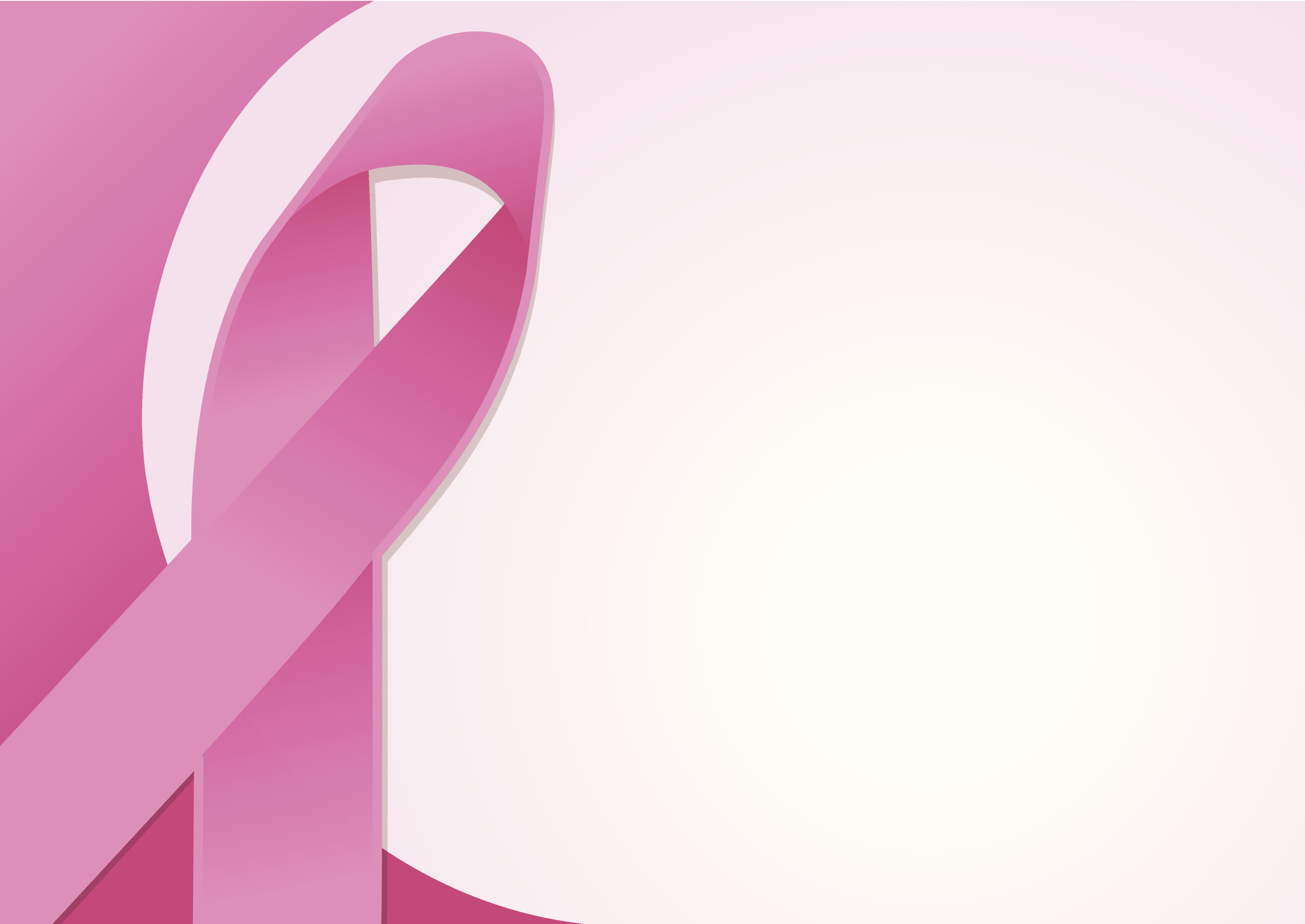Some moms have preexisting health conditions or chronic illnesses that make them wonder if they are going to be able to breastfeed their babies. For example, some moms have flat or inverted nipples, may have gotten breast implants, or may be living with chronic conditions such as hepatitis or diabetes. What does this mean for breastfeeding? Depending on your health condition, you might reflect if you need to take some extra precautions or adapt your daily routine in order to successfully and safely breastfeed your baby. But in general, most moms should try to breastfeed their babies if at all possible – because the benefits of breastfeeding, for babies and moms alike, are so important.
When Should a Mother Not Breastfeed?
The U.S. Centers for Disease Control (CDC) says that there are some situations when breastfeeding is not advisable but in many cases it is OK. Check out their full list of guidelines for breastfeeding with health conditions for more information. For example, moms who are HIV-positive, who are taking anti-retroviral medications, who have active tuberculosis, or who are going through chemotherapy or radiation therapies, are advised NOT to breastfeed their babies. But aside from those examples and a few other rare conditions, most moms can breastfeed their babies without risking the child’s health. For example, the CDC site says that moms who have Hepatitis B or Hepatitis C are safe to breastfeed their babies, because these infections spread by blood, not by breast milk.
Breastfeeding with Flat or Inverted Nipples
Even if breastfeeding is safe for the mom and child, there are still some conditions that might make breastfeeding more difficult. For example, many moms worry that the shape of their nipples – flat or inverted nipples – will make it hard to breastfeed. While flat and inverted nipples are rather common – especially in first time mothers – they typically respond to breastfeeding and improve over time. Nipple shields are a non-invasive way to help women with inverted or flat nipples breastfeed comfortably and successfully. They help gently prepare flat or inverted nipples for breastfeeding. Nipple shells are usually used before and after breastfeeding to protect cracked and sore nipples.
Breastfeeding from One Breast after a Mastectomy
Women who have had a breast removed due to breast cancer or other health challenges might wonder if they can still breastfeed. The answer is: Yes you can! As long as you don’t have other medical complications in your remaining breast, moms can almost always generate enough breast milk just from one breast. You will want to get a good breast pump and conduct frequent nursing sessions to make sure your breast can deliver enough supply – but with a bit of care and attention, you can breastfeed your baby after a mastectomy.
Breastfeeding during Cancer Treatment
Moms who have cancer will often have special questions about breastfeeding: is it safe to breastfeed during cancer treatment? It depends on which step of the cancer diagnosis and treatment process you are on, and which type of treatment you’re receiving.
If you are still going through diagnostic tests for cancer, it is safe to breastfeed. If you are having radiation therapy, breastfeeding is still safe, but your milk production might be limited due to the radiation. However, if your cancer treatment includes radioactive isotope therapy or chemotherapy, you must not breastfeed until the medication or radioactive elements have totally left your body.
Talk with your doctor about how to breastfeed safely while going through cancer treatment – but be sure to prioritize your own health and treatment, even if you can’t breastfeed as long as you would prefer. Your health and life is the most important thing to your baby, even if you have to stop breastfeeding due to cancer treatment.
Breastfeeding with Diabetes
Women with diabetes face some special challenges and risks during pregnancy, but breastfeeding can actually be beneficial for diabetic moms and for their babies. Breastfeeding can help diabetic moms lose weight faster and better manage their blood glucose levels.
However, if you have diabetes and are breastfeeding, you need to take a few extra precautions depending on which type of diabetes you have. If you have insulin-treated pre-existing diabetes, you might have a higher risk of hypoglycemia when breastfeeding, so be sure to have a snack or eat a meal before or during your breastfeeding sessions.
Women with pre-existing type 2 diabetes can take medications immediately after the baby is born. Talk with your doctor for any questions about which diabetes medications are safe to take while breastfeeding.
Breastfeeding with Asthma
If you’re able to, breastfeeding is the best choice for your baby. Inhaled asthma medicines won’t affect your baby when you breastfeed. Medicines prescribed for asthma don’t affect your body’s ability to make breast milk, and only very small amounts of asthma medicines pass into breast milk and these are no risk to your baby.
No matter what health conditions you might be dealing with, there is almost always a solution available to safely breastfeed your baby. Talk with your doctor, talk to a lactation consultant, and do whatever works for you to stay healthy, feel good, and keep feeding your baby.
Do you have any health conditions that have affected your breastfeeding experience? How did you overcome them? Leave a comment, or join the discussion on the Medela Singapore Facebook page.





















